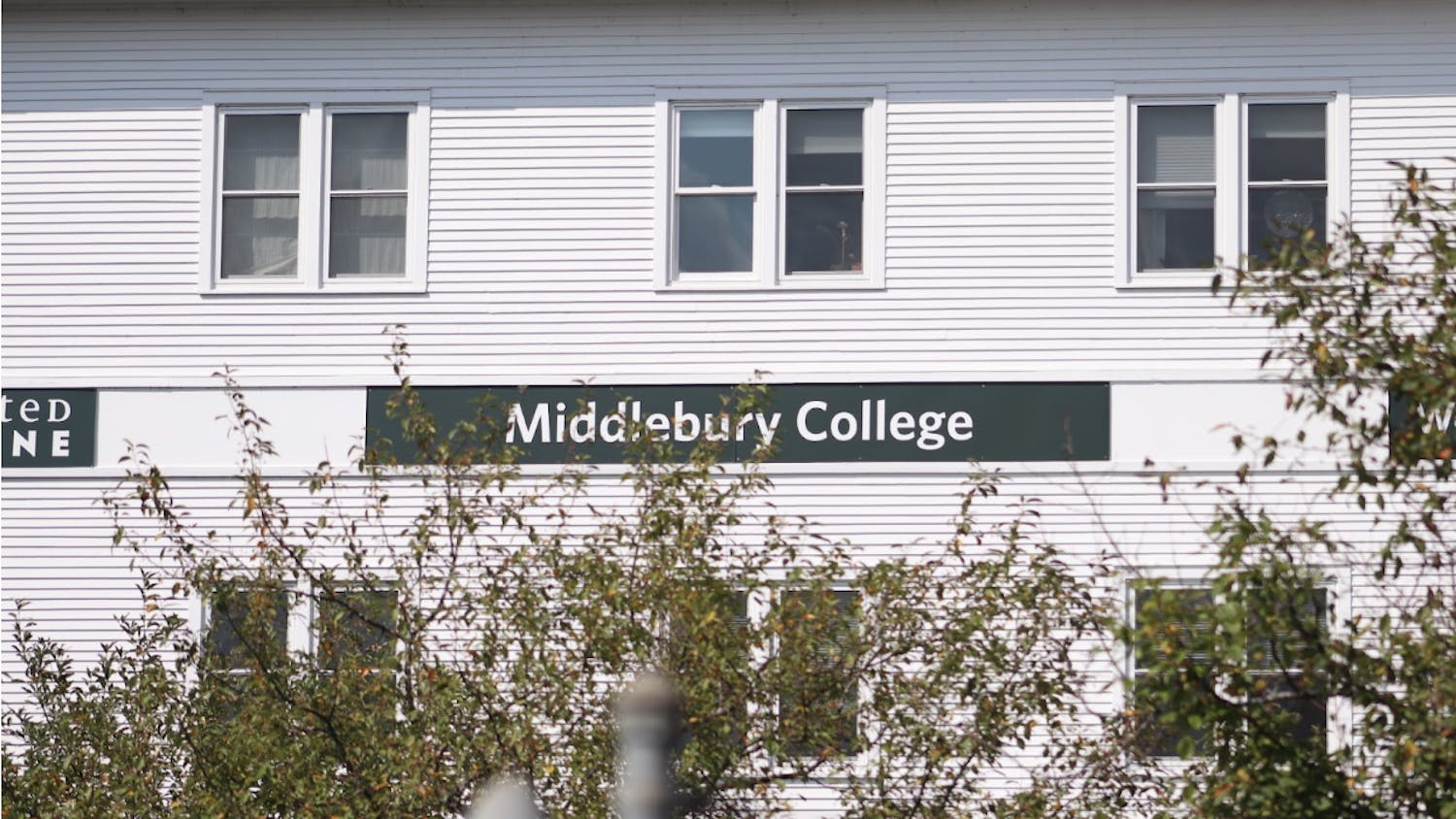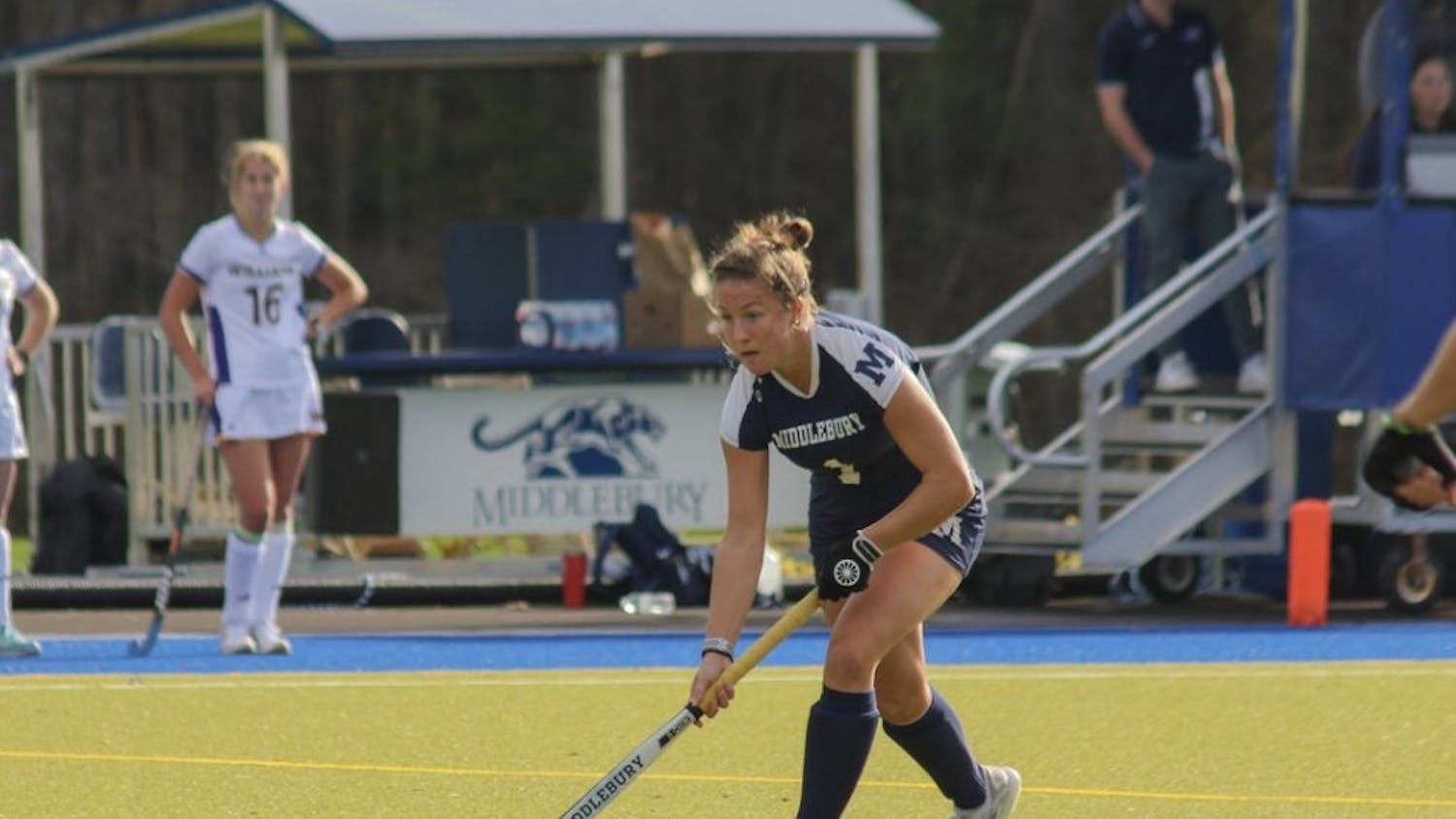Middlebury’s new staff compensation program — known as the “skill matrix” system — improved compensation for staff at the bottom of the pay scale, while 14% of staff did not receive a raise during the 2022–23 fiscal year.
For many staff, the minimum wage increase to $17 per hour was a long overdue investment in Middlebury’s lowest paid workers. However, many of the staff members who did not receive a raise are longtime employees who work in specialized positions.
According to Terry Simpkins, director of discovery and access services, the skill matrix system in general, and particularly its lack of cost-of-living adjustments, has been damaging to overall staff morale.
“Those people [at the bottom] absolutely needed to have their salaries increased — and substantially,” Simpkins told The Campus. “[However], I would say that the college could have done both.”
Tim Parsons, the college’s landscape horticulturist, has a different perspective on the implications of the new system. Coming from a business background and knowing what it is like to run a business, Parsons said he understands the college’s limited resources.
“The endowment is not a piggy bank that we can raid,” Parsons told The Campus. “People above market or at market didn’t see a pay increase, but the money wasn’t there. We started with the most important.”
Above market refers to the matrix system’s pay grades. Each staff position at the college is placed into a salary range, which is determined by looking at market data for a range of comparison schools. From there, an employee is given a salary somewhere within the minimum to maximum of that range, depending on their manager’s classification of their skill level as “learning,” “growing,” “thriving” or “leading.”
Staff members whose salaries already fell at the maximum of the pay grade or higher were not eligible for a raise of any sort for this fiscal year. According to Simpkins, this was particularly frustrating because inflation was 16% over the past three years, while his salary has only increased 1.9% over that same time.
Caitlin Goss, vice president for human resources and chief people officer, said the college is aware that there is still work to be done in the field of staff wages, though this first year was a large step.
“I know that we still have work to do,” Goss told The Campus. “I have tried to be really clear about that — while we made great strides in year one, we still have work to do.”
Goss explained that Middlebury is committed to updating the market each year, which means that employees frustrated with the program will have the possibility for improvement next year. A staff member could see a raise if the market shifts, if their placement on the skill matrix changes or if the scope of their role changes.
Brenda Ellis, senior research and instruction librarian, said she believes the college continues to “cry poor to staff,” but it has no justification for some staff receiving a 0% raise when the endowment was growing right before Covid-19 hit, and the college lost little during the pandemic.
“They so far have not offered a dime to staff because they said they cannot afford it,” Ellis told The Campus.
According to Goss, however, Middlebury is investing more in its faculty and staff than many of its liberal arts college peers. In a November email to all staff members, Goss shared a graphic comparing Middlebury’s compensation increases for the 2023 fiscal year to other NESCAC institutions. The data indicates that the average increase in money invested in staff was 4.29% among peer institutions, while Middlebury invested 7% more in staff.
Staff members critical of the graphic said, however, that Middlebury was further behind its peer schools to begin with, so it had to increase investment more to catch up.
Another aspect of the compensation system which some staff members take issue with is the market of schools to which Middlebury was compared in order to create the pay grades. This group of schools, which was determined based on factors such as operating expenses, student enrollment, geography and enrollment, includes Roger Williams and Suffolk University. These criteria led to comparison with schools that have higher enrollment and fewer resources than Middlebury, which means they could not pay their staff as well, thus bringing down the salaries on the pay grade, Ellis said.
“It seems odd that what Roger Williams pays their staff is going to determine my salary,” Simpkins added.
Furthermore, some staff in specialized positions, such as Simpkins and Ellis, said they believe a more appropriate comparison market for their jobs would be other NESCAC schools, or nearby Dartmouth College, for example. Meanwhile, hiring for positions in facilities and dining tends to draw from the local Addison County market.
Parsons said that as the largest employer in Addison County, the college must walk a fine line between leading the wage market and driving up average wages, thus hurting small businesses.
In response to criticisms of the system’s market of comparison schools, Goss said the college plans to undergo an analysis re-evaluating the group of market schools this coming year.
“I hear people loud and clear,” she said. “We are trying to make sure that the market is reflective of where we are recruiting from, where people get other job opportunities from.”
While reactions to the new system have been mixed among staff members in different positions, Parsons said he has already seen its positive effects on the lowest paid employees. In his own department, a full-time landscaper position was open for multiple years with essentially no applicants; once the minimum pay rate was raised, the department received a number of applications for the job.
“I have friends [at Middlebury] who now aren’t in food lines,” Parsons said. While the minimum wage increase has directly impacted some staff members’ quality of life, Parsons added that it does not make up for the income gap from years of lower wages.
Goss reiterated that changes to staff compensation are ongoing, and the college will continue to adjust the system each year.
“Faculty and staff compensation continue to be a top priority for our leadership and the institution more broadly,” Goss said.

Maggie Reynolds '24 (she/her) is the Editor in Chief.
Maggie previously served as the Senior Local Editor, a Local Section Editor, and a Staff Writer. She spent this past J-term interning for VTDigger, covering topics from affordable housing in Addison County to town government scandals. She also interned for Seven Days VT as an arts & culture reporter summer 2022 and as a news reporter for the Daily Gazette in Schenectady, NY summer 2021.
Maggie is majoring in History and minoring in Political Science and Spanish. She was a three-year member of the Women's Swimming and Diving team. Maggie enjoys running, hiking, and iced maple lattes.




